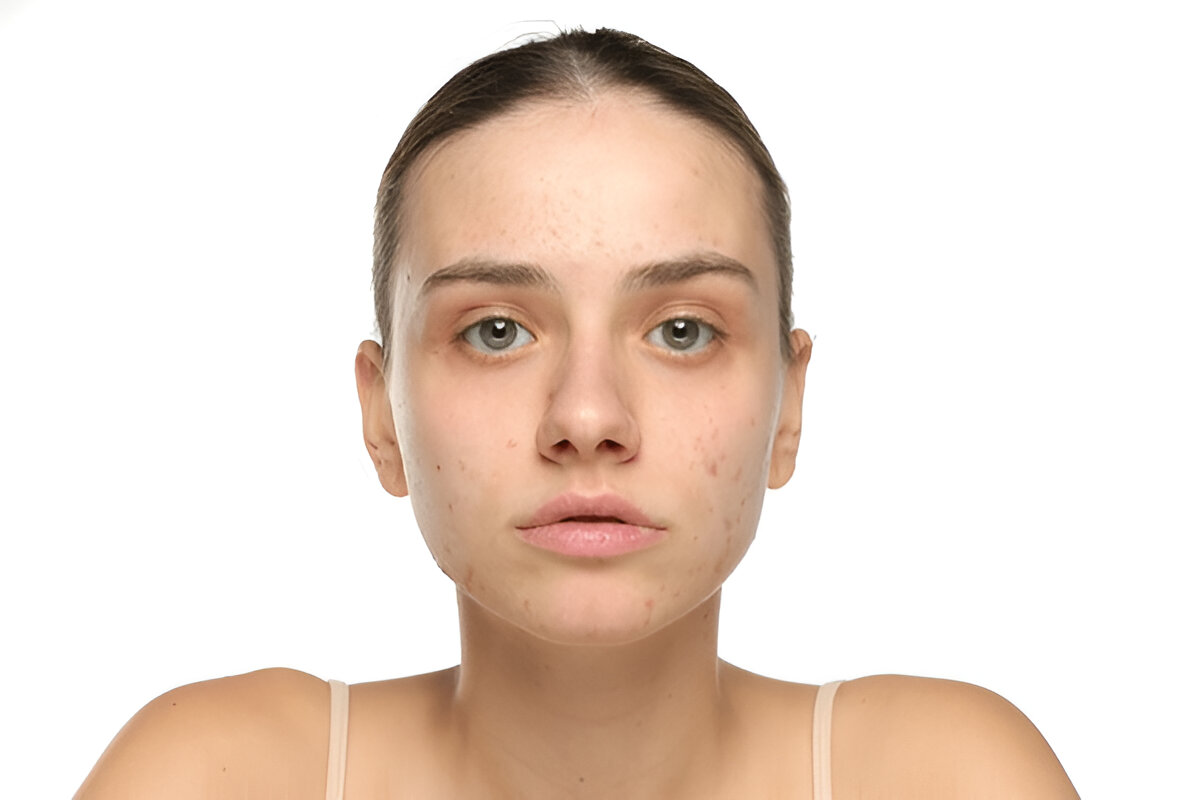Understanding acne causes and triggers is essential because acne is primarily recognized as an inflammatory skin condition influenced by various factors. The immediate acne causes include excessive oil production, blocked pores, and bacterial growth, which can lead to various forms of acne, including blackheads and cystic acne.
Table of Contents
- Immediate Acne Causes and Triggers
- Other Factors Influencing Acne Causes and Triggers
- Acne and Hormones as Triggers
- Bacterial Colonization and Acne Triggers
- Effective Long-term Solutions
Immediate Acne Causes and Triggers
The immediate factors in understanding acne causes and triggers include four main external causes:
- Blockage of the Pore: This occurs when the epithelial cells lining the pore mature and die, creating a blockage that leads to acne.
- Excessive Sebum Production: A significant presence of male hormones in the bloodstream triggers oil glands to produce excessive sebum, contributing to acne.
- Bacterial Colonization: The combination of clogged pores and excess sebum creates an environment where acne bacteria can thrive.
- Infection and Inflammation: The immune response to bacteria stimulates the production of pro-inflammatory hormones, leading to inflammation in the affected area.
Other Factors Influencing Acne Causes and Triggers
While these are the immediate acne causes, it is crucial to understand that deeper factors contribute to the hyperproliferation of keratinocytes and excessive androgen levels in the bloodstream. These underlying issues ultimately trigger the overproduction of sebum and influence acne triggers.
Acne and Hormones as Triggers
The connection between acne and hormones is significant. Hormonal fluctuations, particularly during puberty, menstruation, and hormonal disorders, can lead to increased sebum production and worsen acne. Understanding these acne triggers is essential for managing breakouts effectively.
Bacterial Colonization and Acne Triggers
When pores are clogged with dead skin cells and excess oil, they create a perfect breeding ground for bacteria. This bacterial growth can exacerbate acne and lead to more severe forms like cystic acne.
Effective Long-term Solutions
Most conventional treatments focus on reducing oil production and killing acne bacteria, addressing only the surface of the problem. A comprehensive approach that tackles the deeper causes of acne, including hormonal imbalances and skin cell turnover, is essential for long-term relief.
By addressing the underlying factors contributing to acne, you can create a healthier skin environment and significantly reduce the frequency and severity of breakouts, including blackheads and cystic acne.
For more detailed information on managing acne, visit the American Academy of Dermatology’s Acne Causes and Treatment page.
Check out our related guides on Hormonal Acne Treatment and Best Foods to Reduce Acne for practical advice.
In conclusion, understanding acne causes and triggers allows for more effective prevention and treatment. With the right approach, freedom from acne is achievable.

